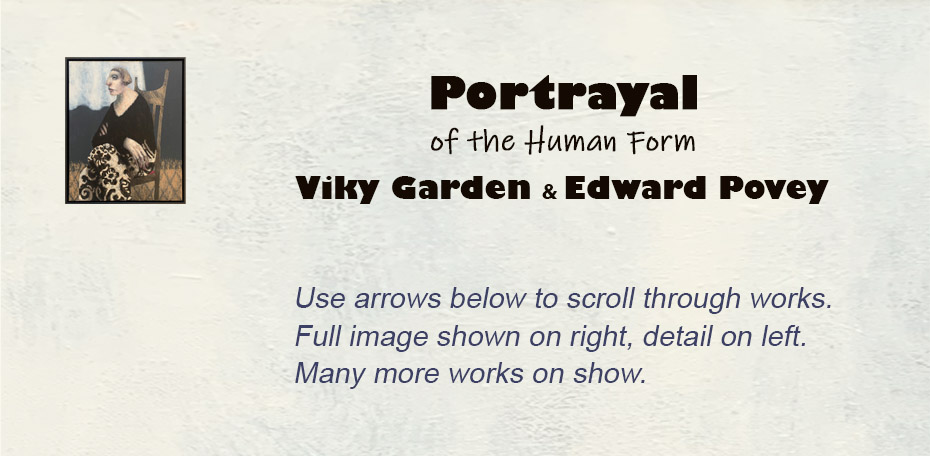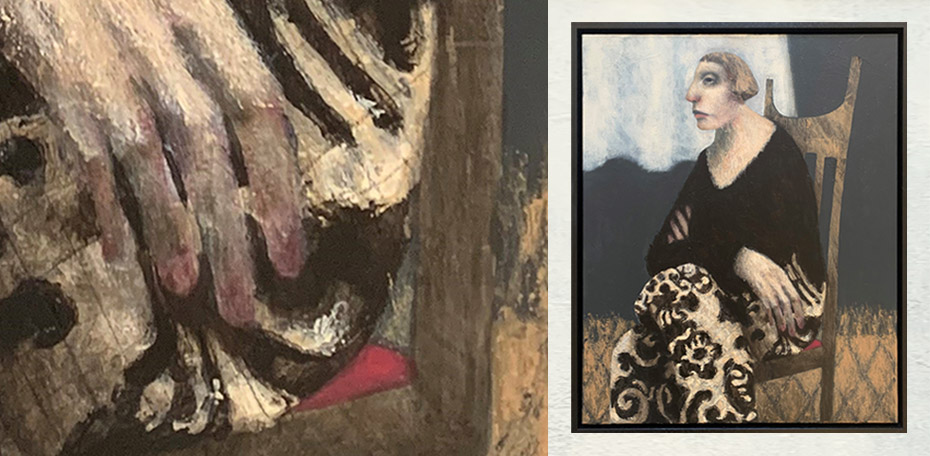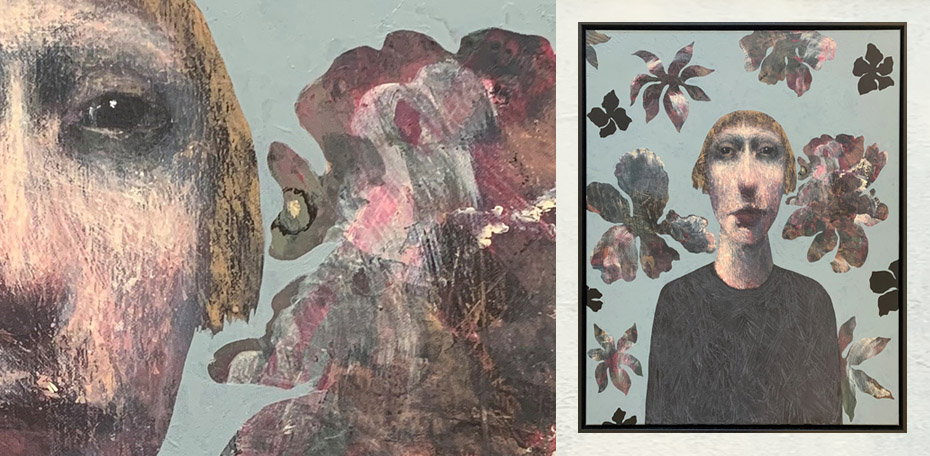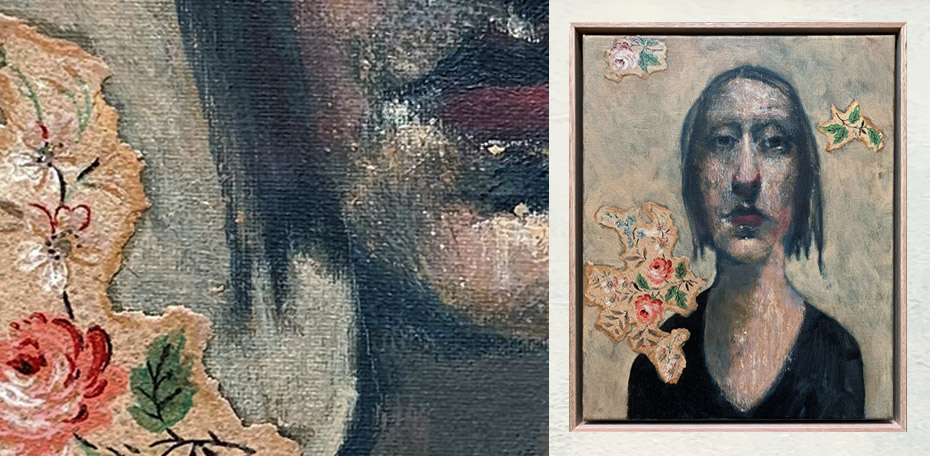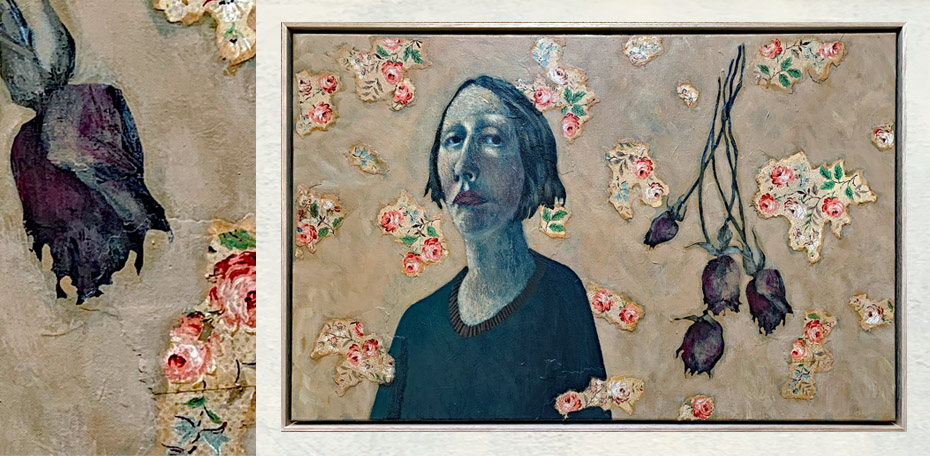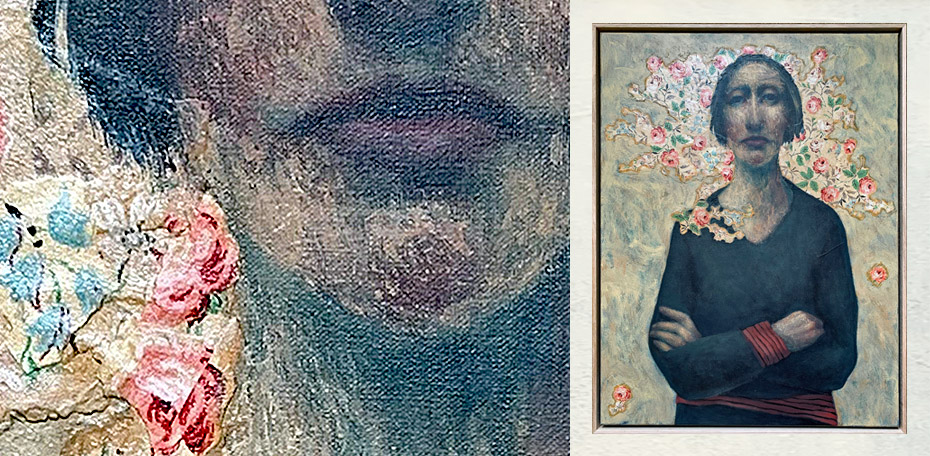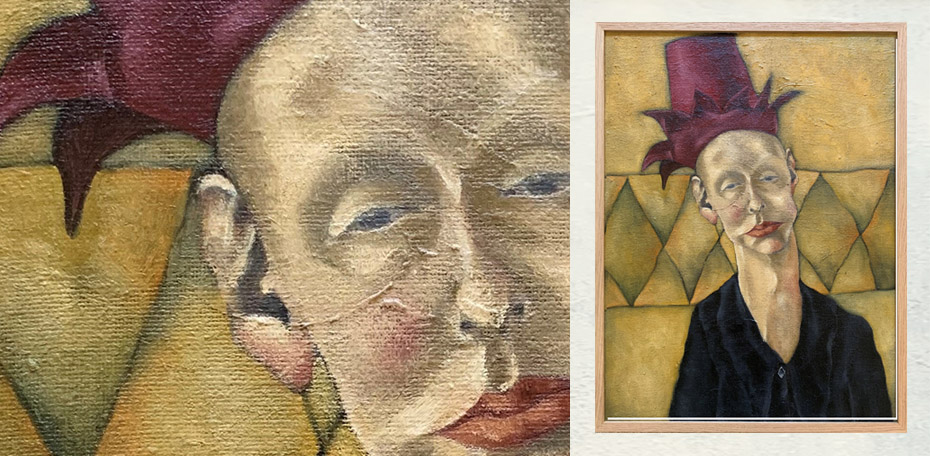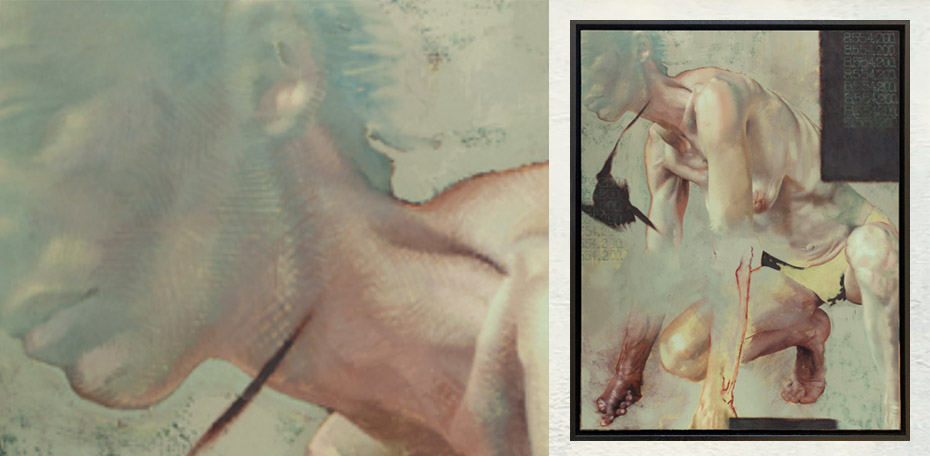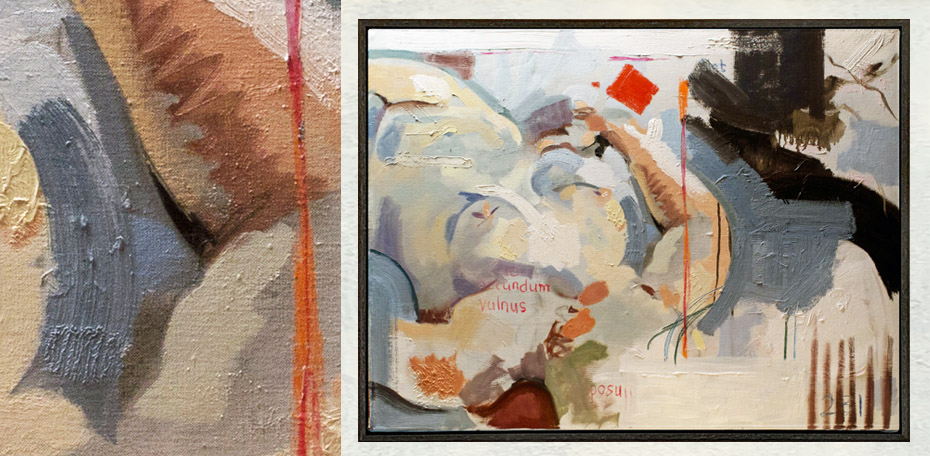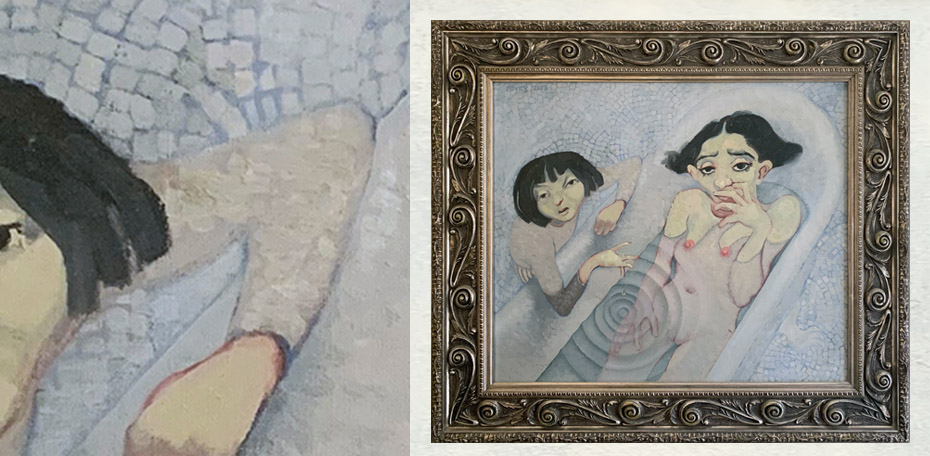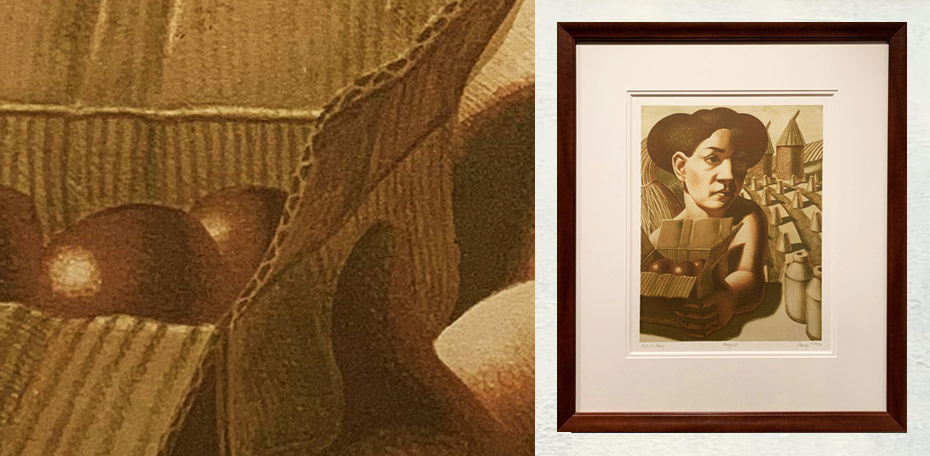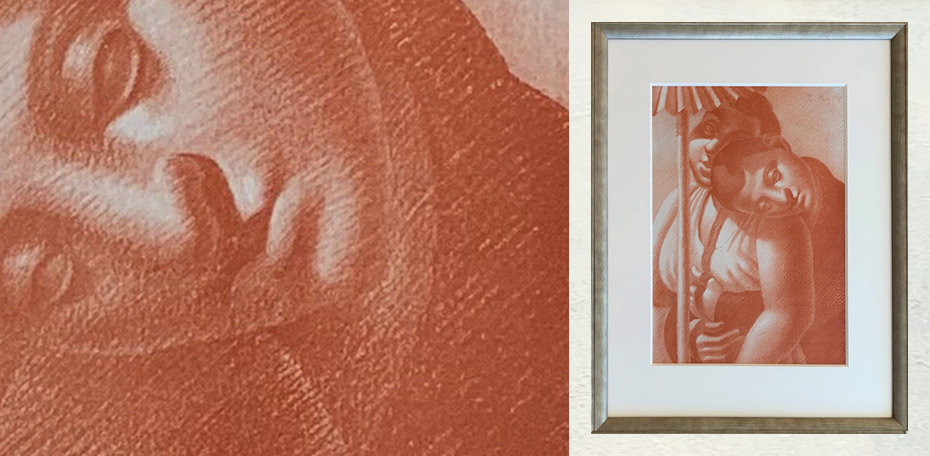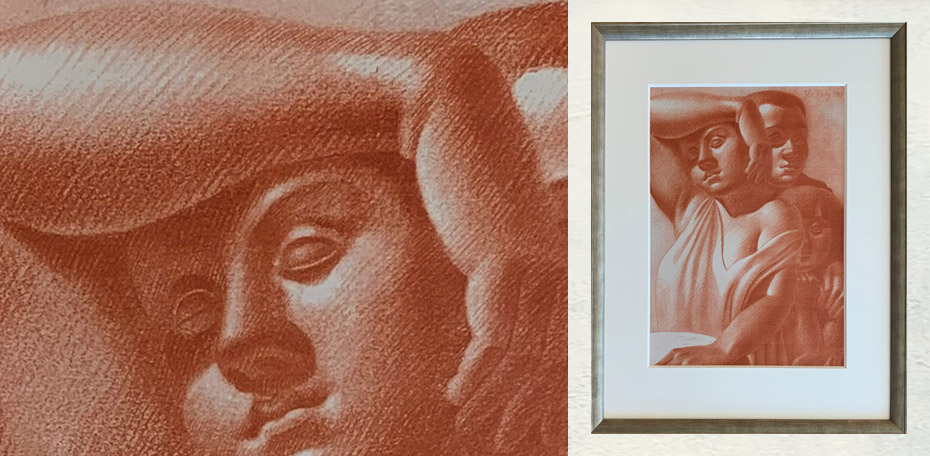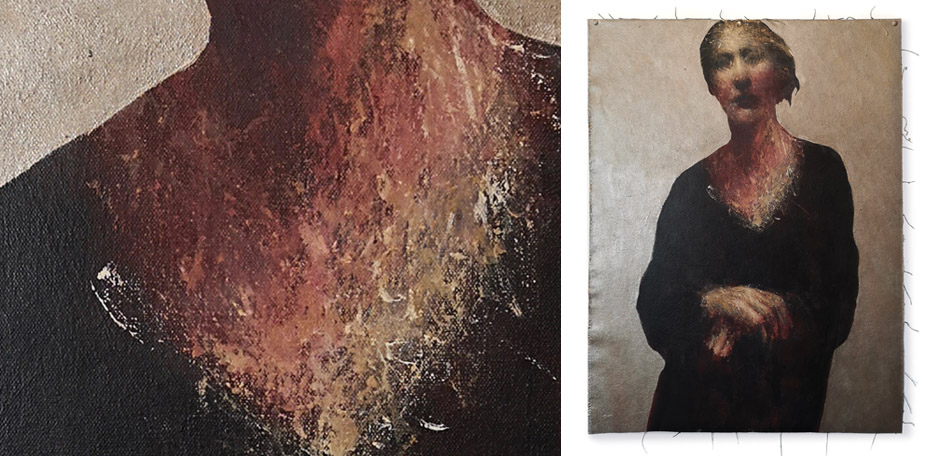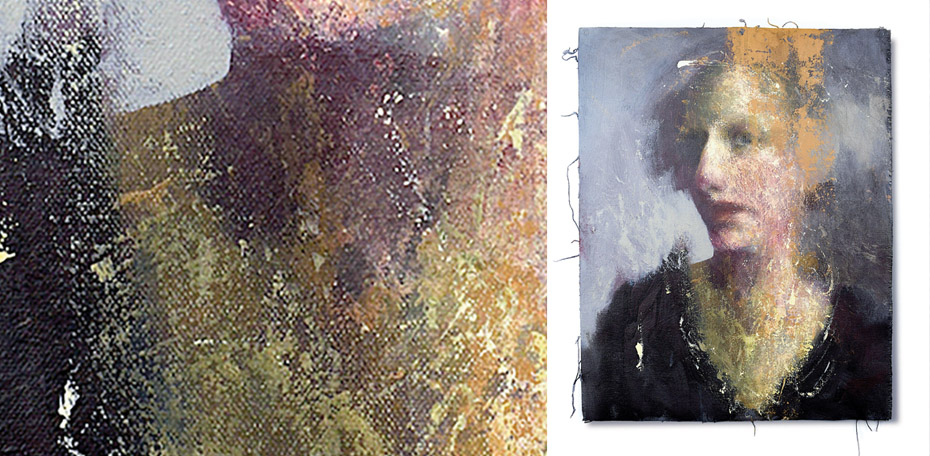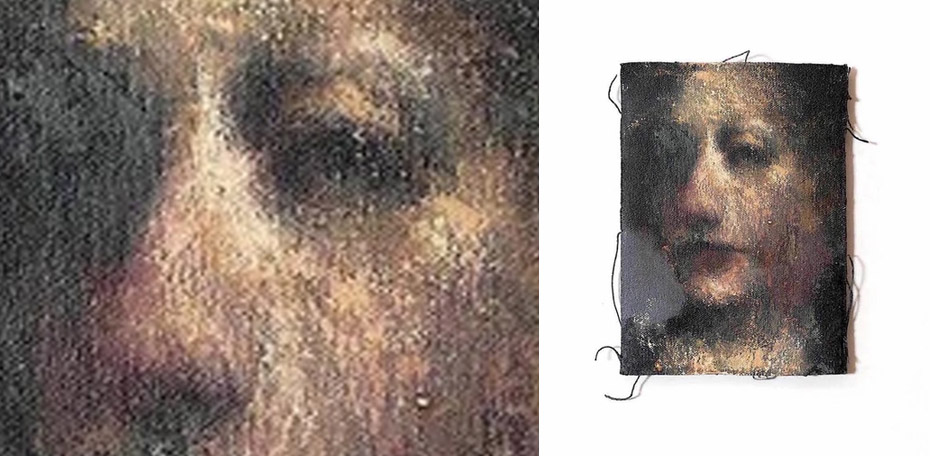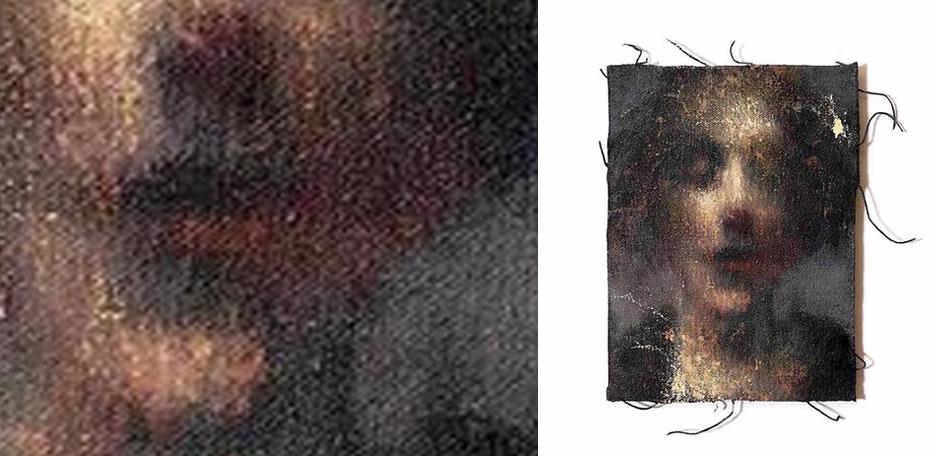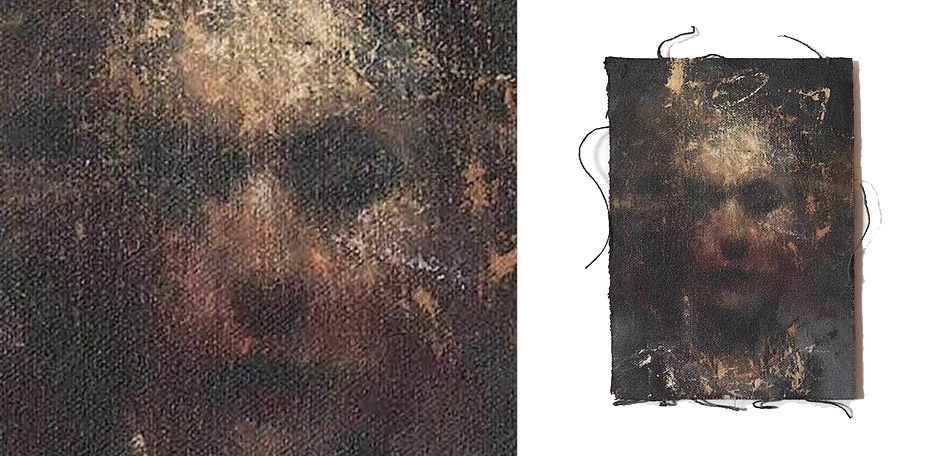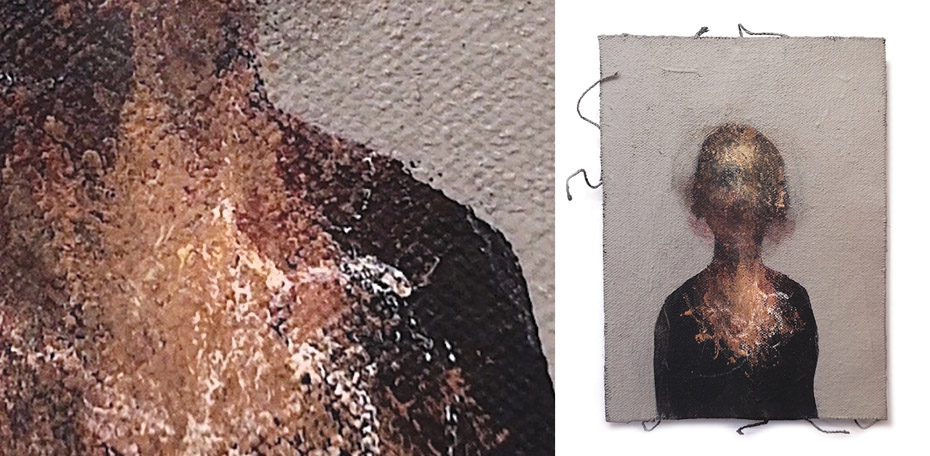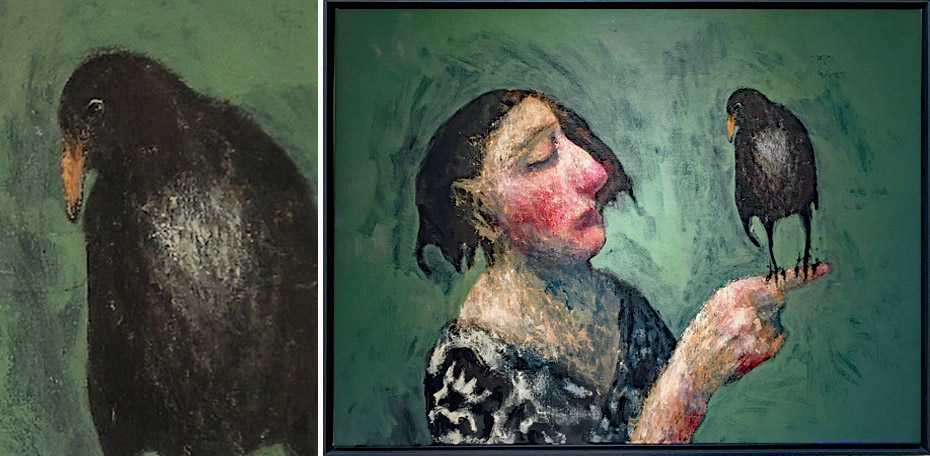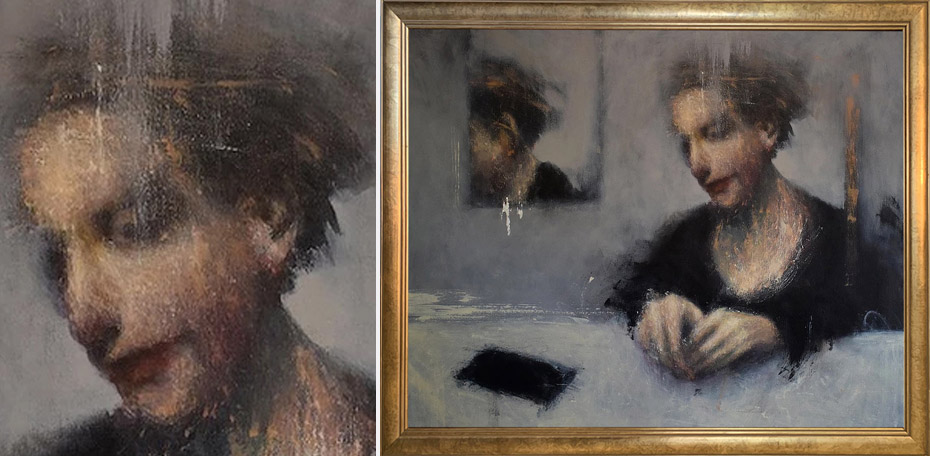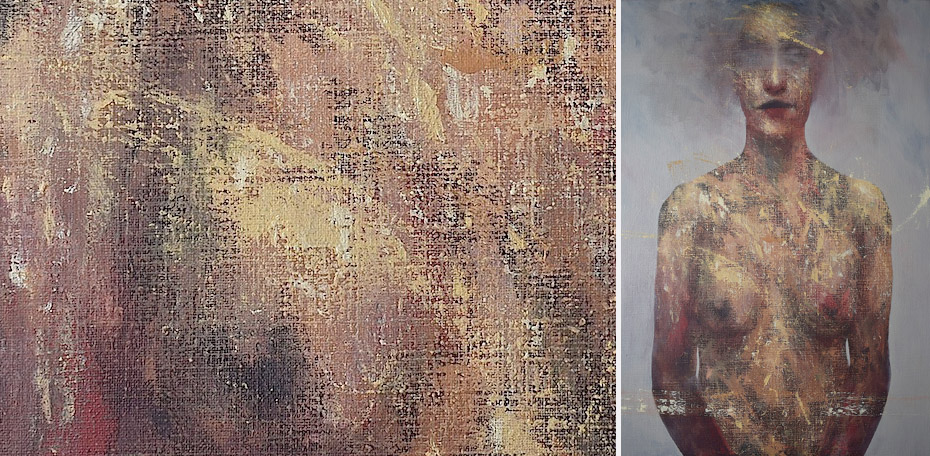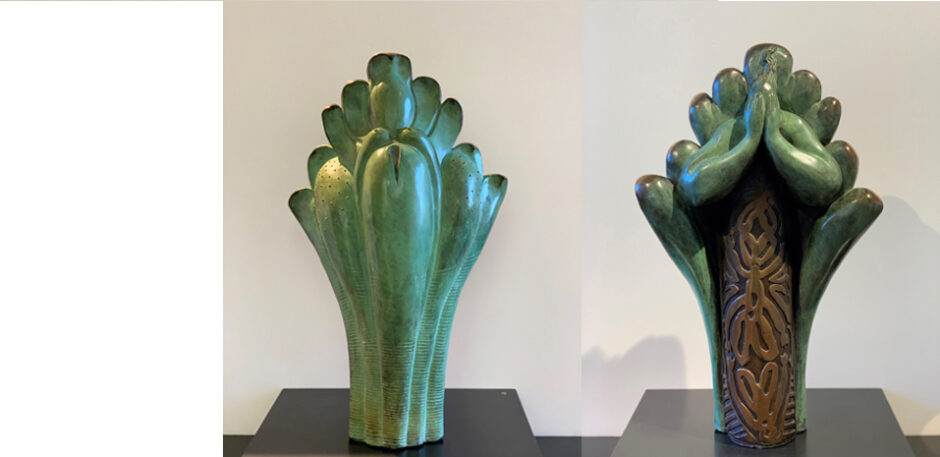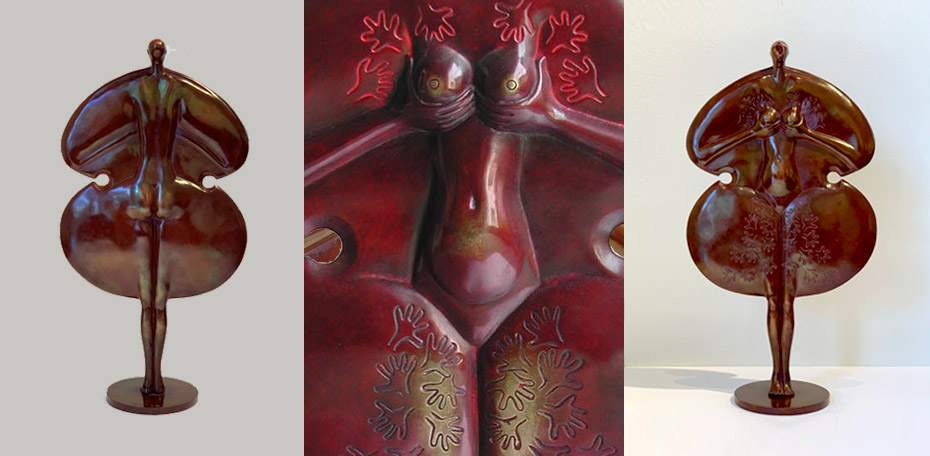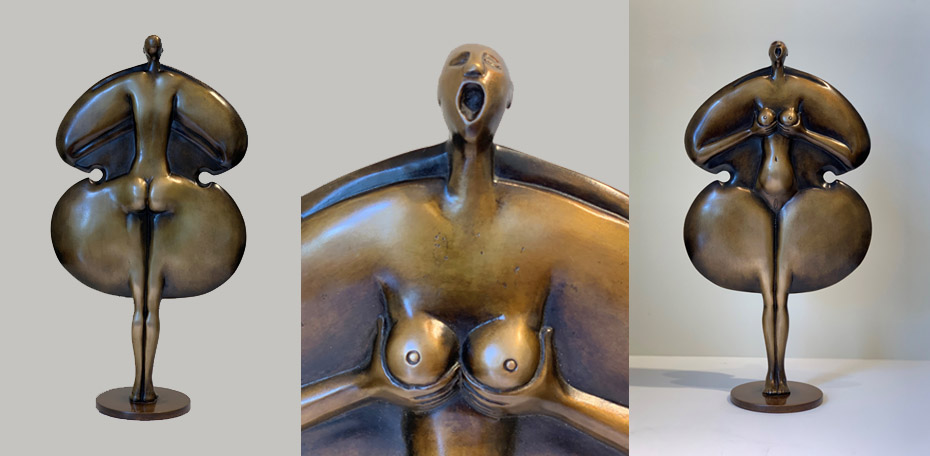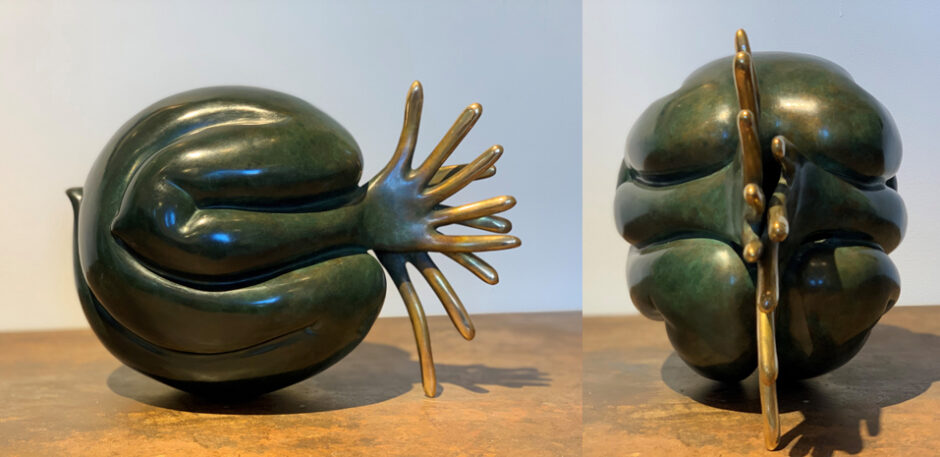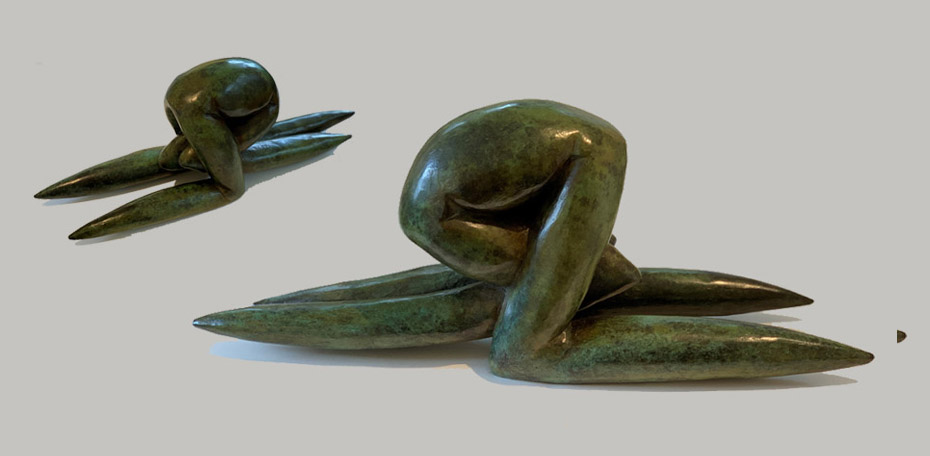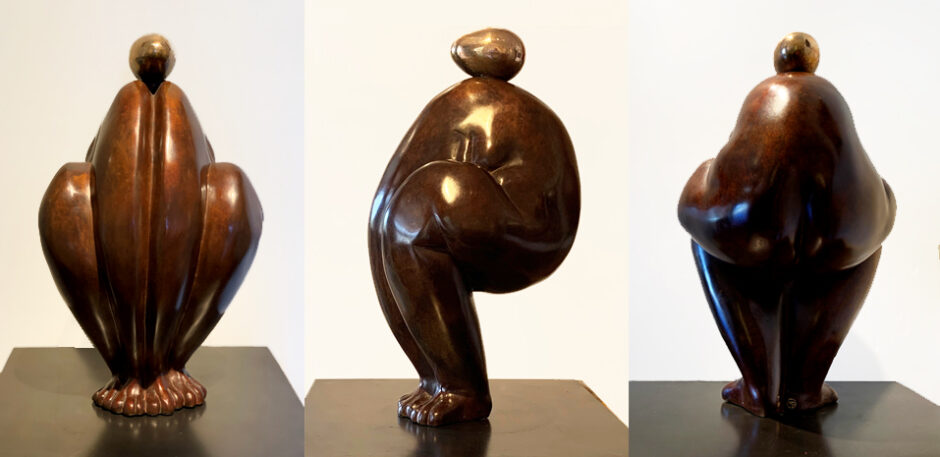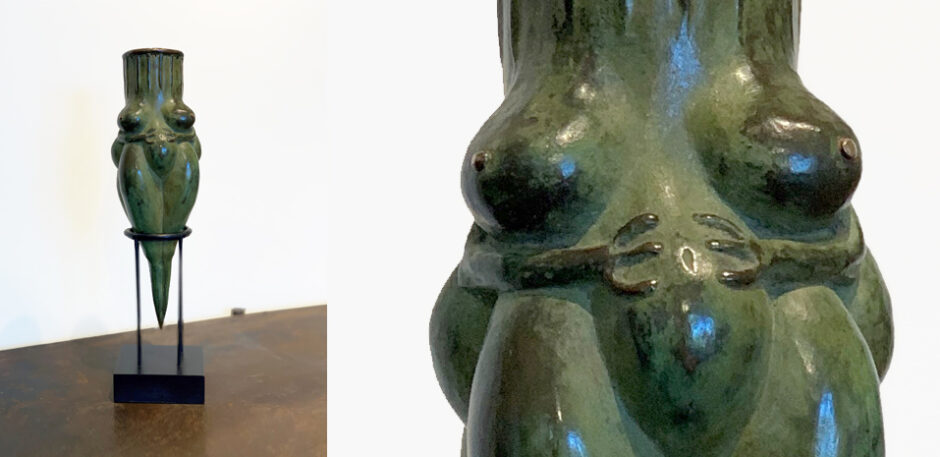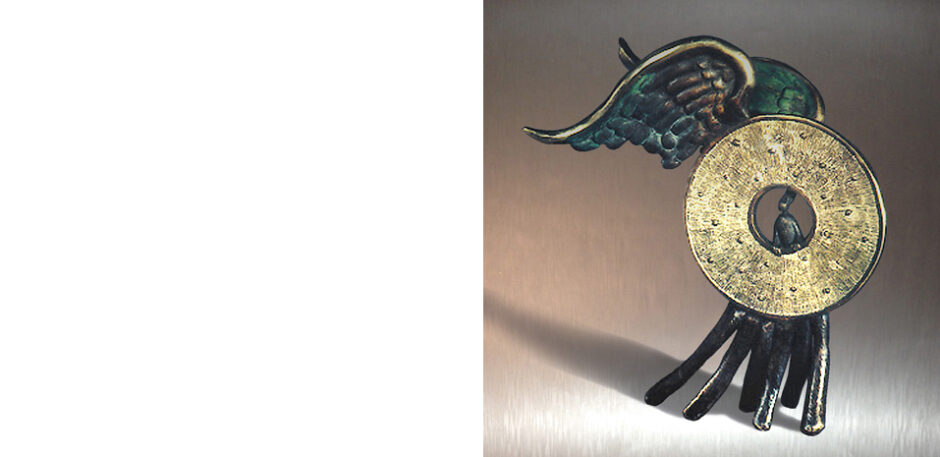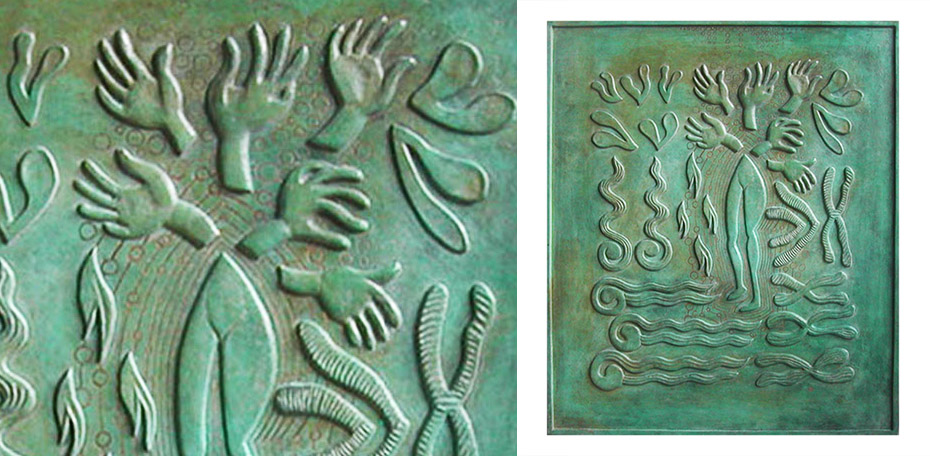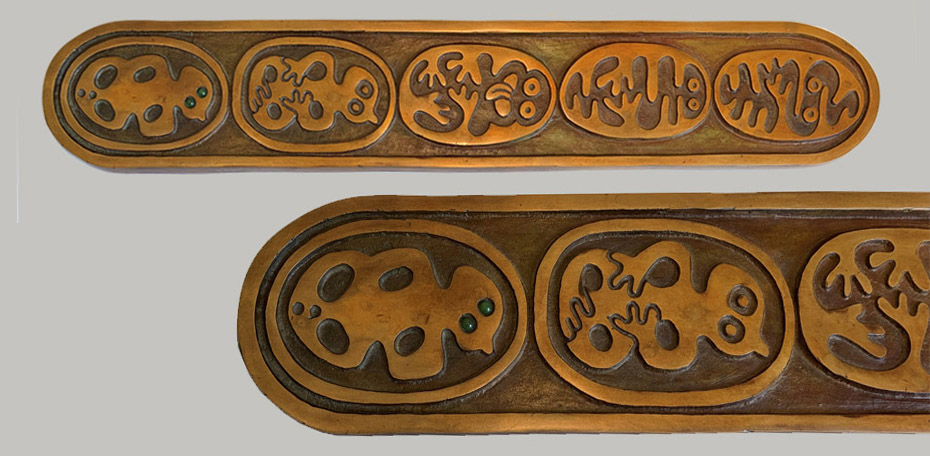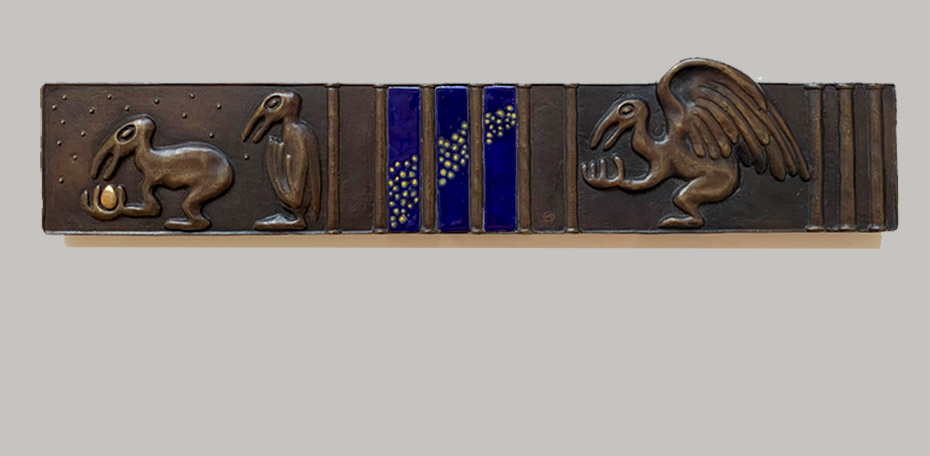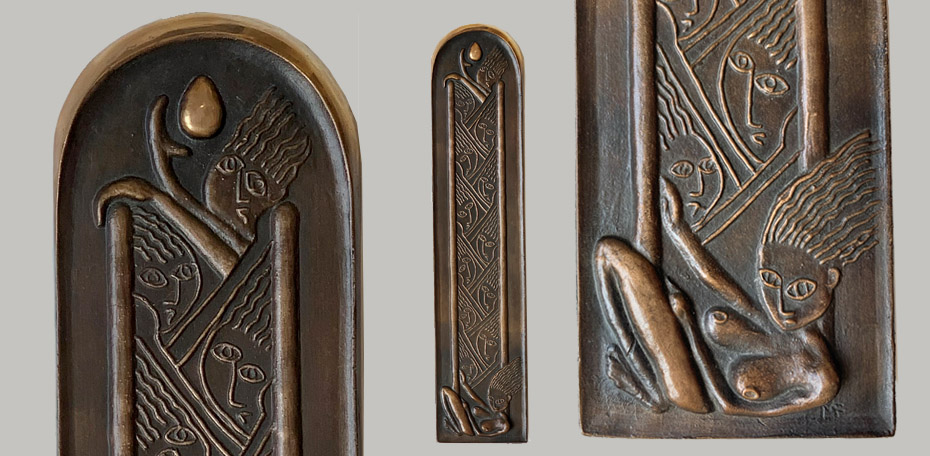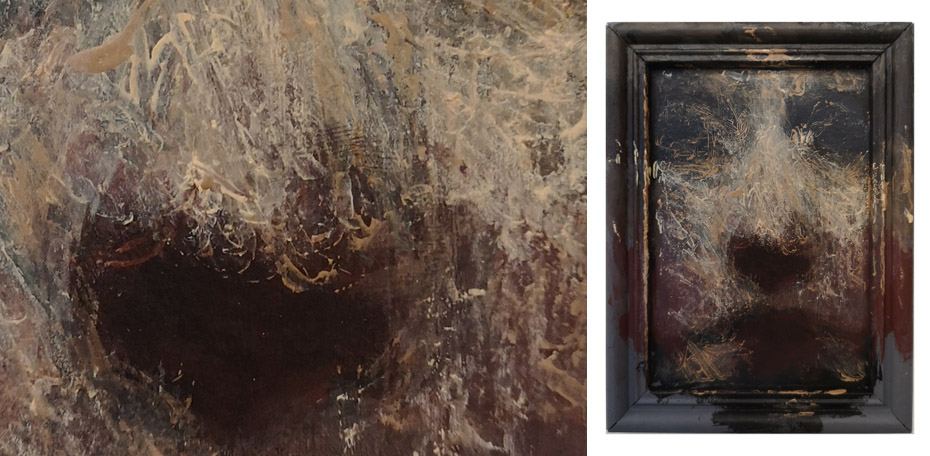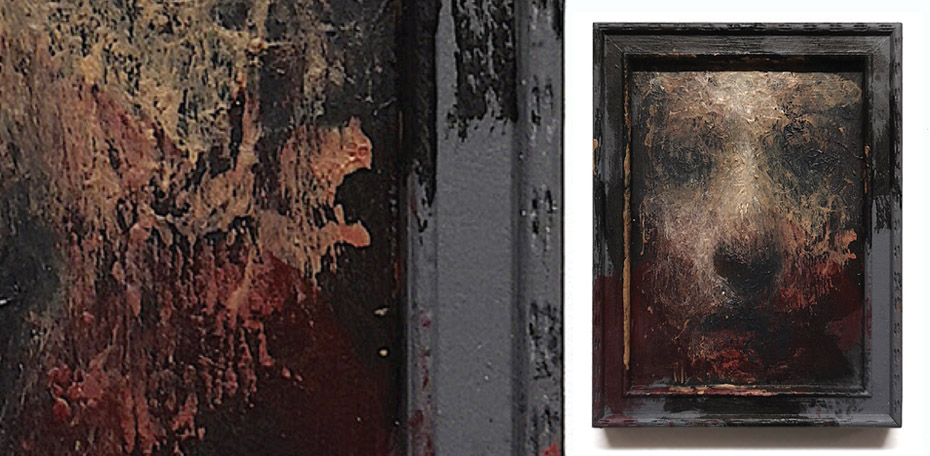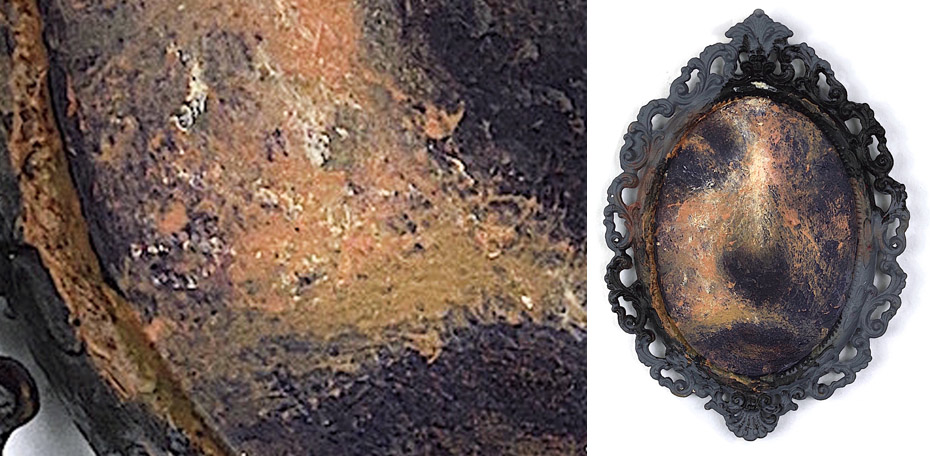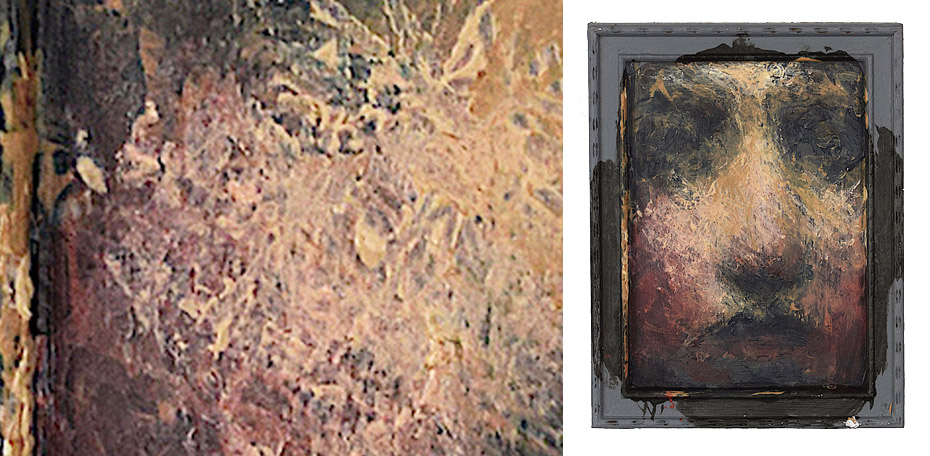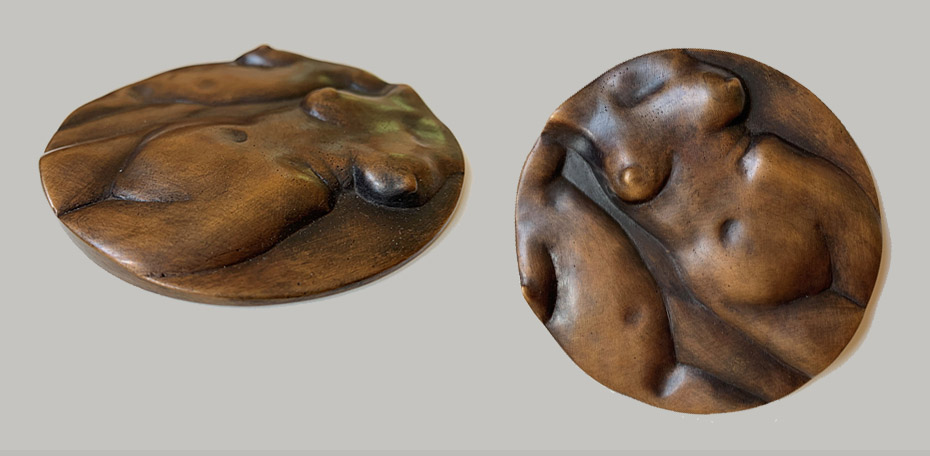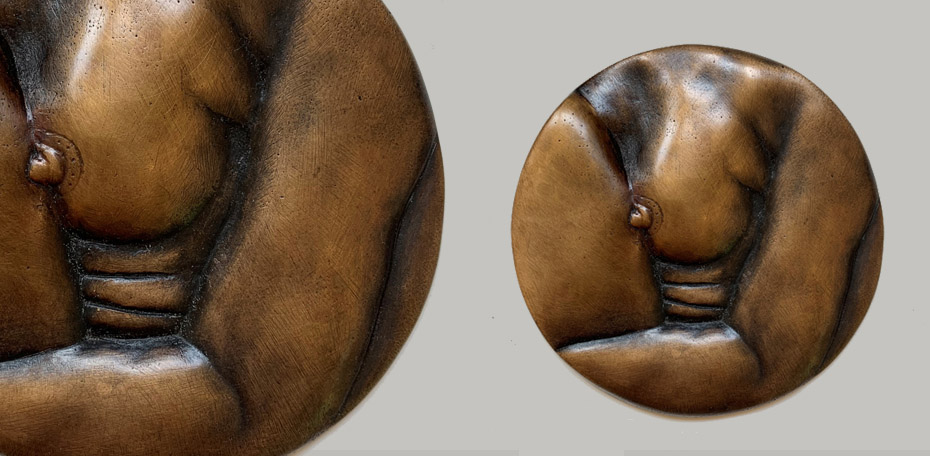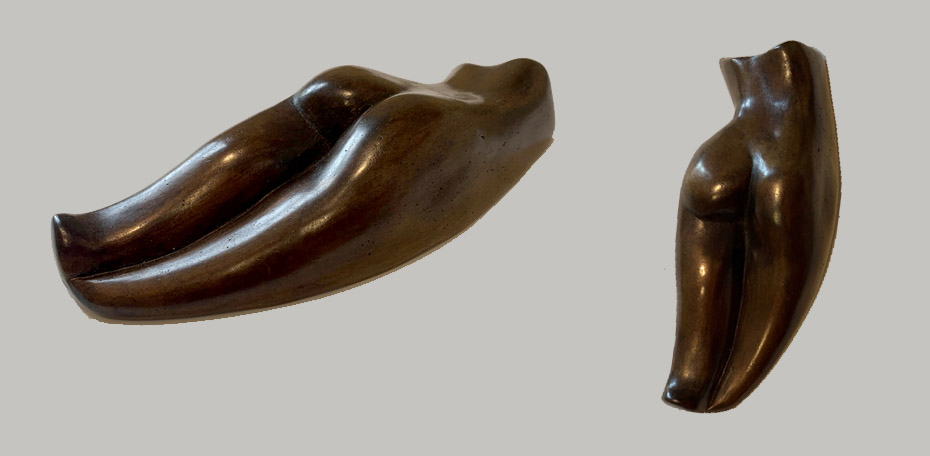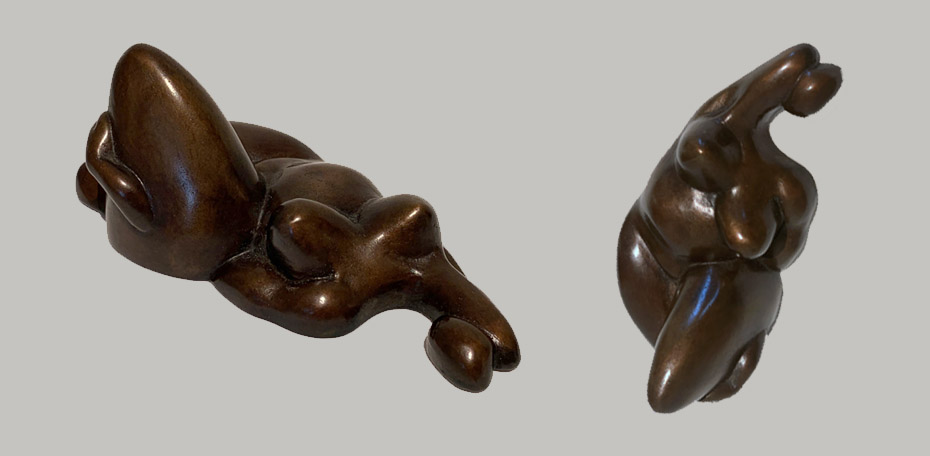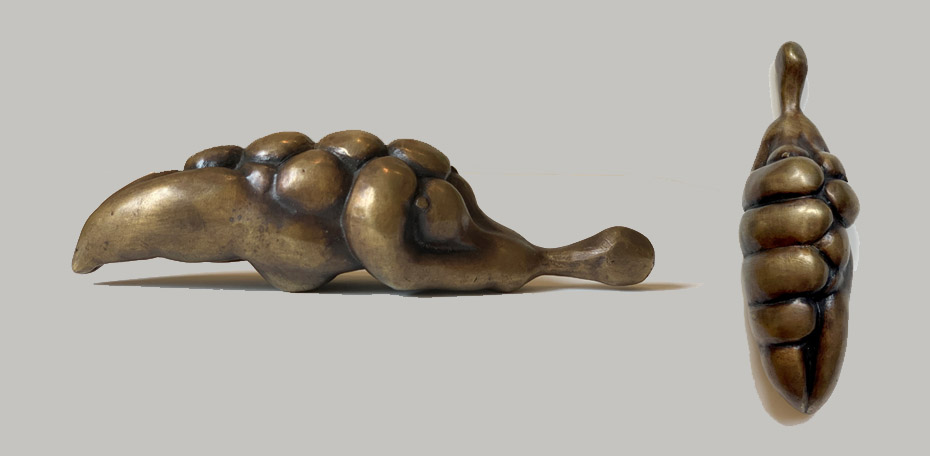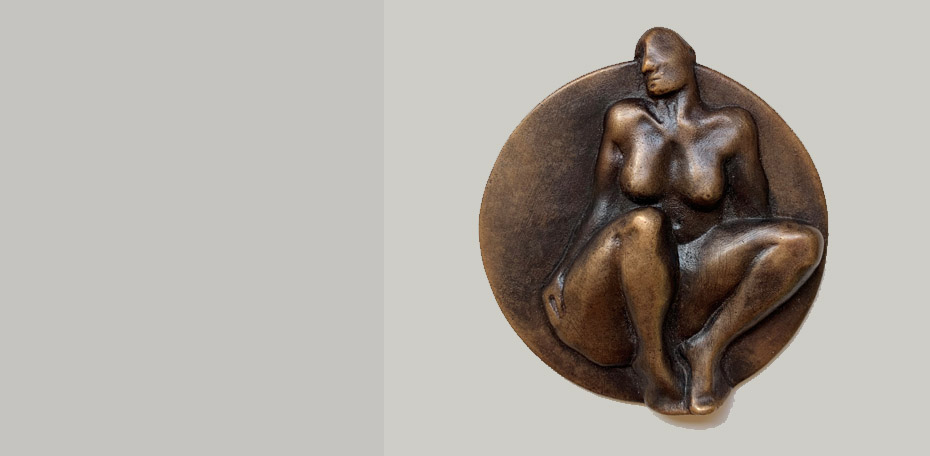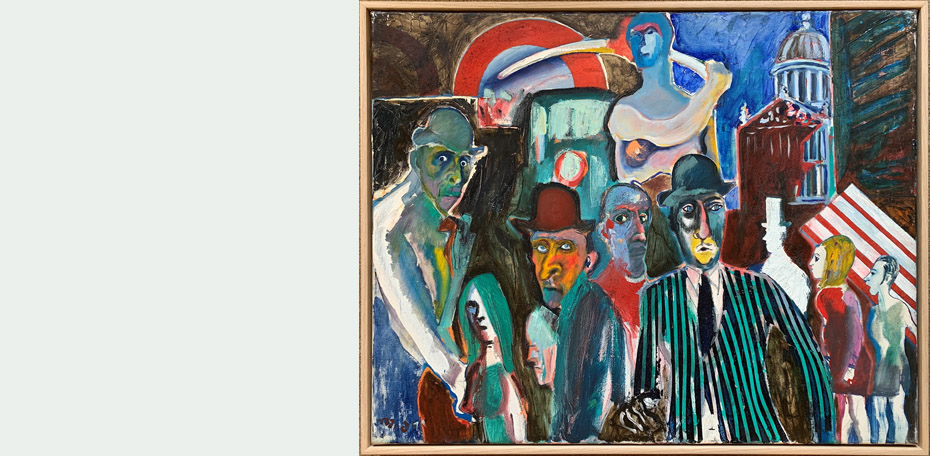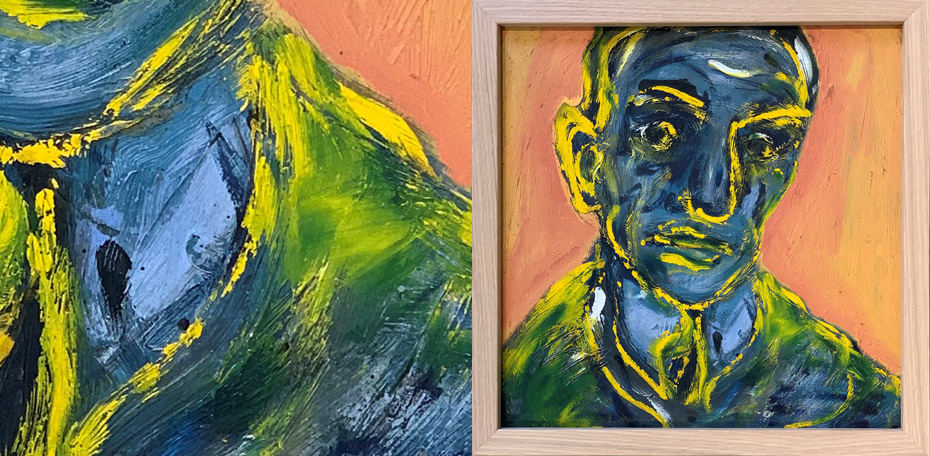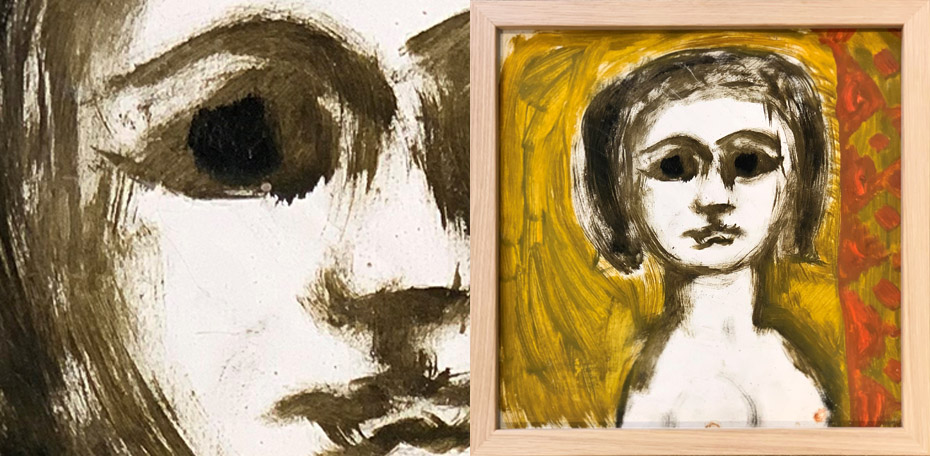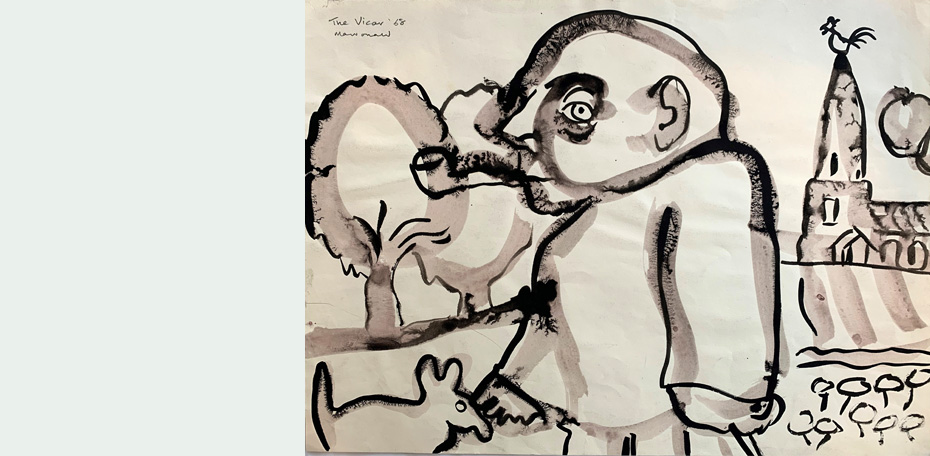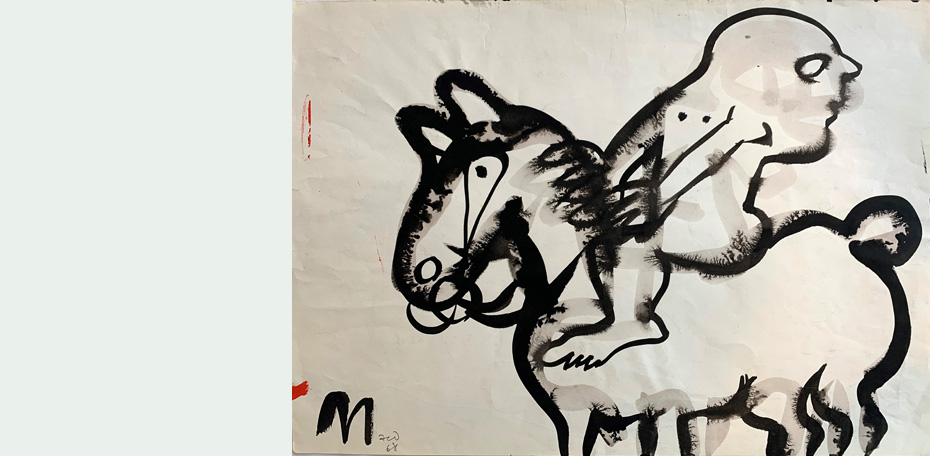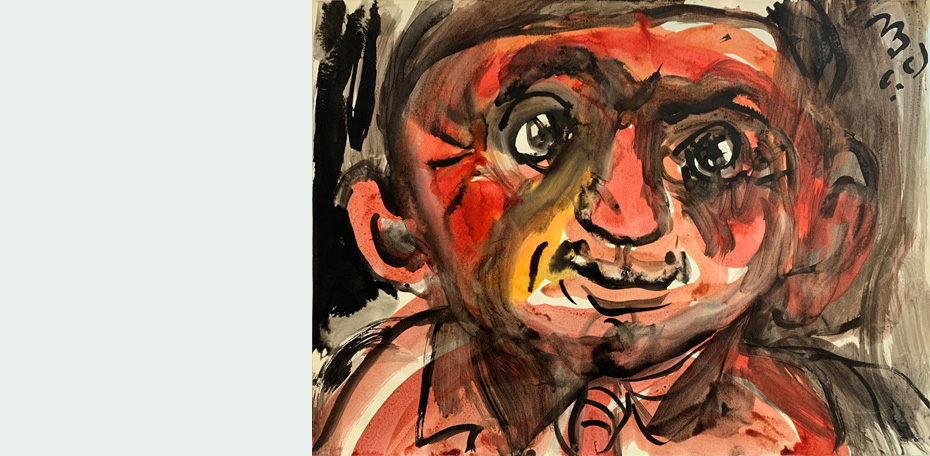Throughout the ages, artists have been inspired by the human body. Many view art as a window into real life and, as such, feel that it should be photographically realistic. However, we rarely comprehend people simply by considering their anatomical components. Rather, we perceive each other in an infinite number of ways, focusing on different features, emotions, ideas, and memories, depending on the subject. While a portrait or sculpture can capture or express an artist’s unique view of the subject and evoke feelings of sympathy, amusement, identification, pity, or even adoration in the viewer, it can also convey a deeper message.
Portrayal of the Human Form focuses on a selection of works by Viky Garden and Edward Povey. Garden’s works reveal a self-reflective study of the political sphere of womanhood, in which she uses her own body as a form of language. In her latest series, Ancestral Roses, she addresses the nature of impermanence. Utilising her own painted roses alongside recently revealed 100-year-old rose covered wallpaper, she alludes to the transition from the vital bloom of youth to the passive encroachment of age.
Edward Povey (Wales) began painting at the age of eight and has continued to experiment throughout his long career. By combining realistic and pure abstract forms in the same paintings, he strived to achieve a seamless ‘visual language’ that would open the door to new and eloquent possibilities in style and meaning. Povey’s works included in this exhibition demonstrate his ongoing efforts to better portray complicated and vulnerable emotions.
Accompanying the works of Garden and Povey, are a selection of paintings, prints and sculptures by other artists. Using a range of styles, and with differing motivations, the artists convey a variety of messages through their subjects – recording everyday life or an historic event, relating myths and legends, laughing at societal behaviours, highlighting matters of social importance…


